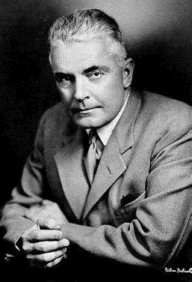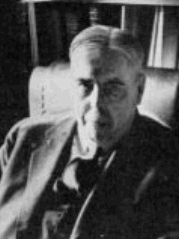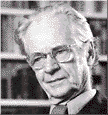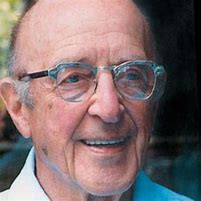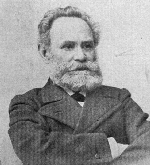Clinical Psychology
How Personality Relates to Sexuality
Someone’s personality can tell you how they approach all sorts of different things in life, including sex. But how exactly do personality and sexuality relate to each other? That’s the question psychologists asked in a review of 137 studies on the topic, titled Linking Big Five Personality Traits to Sexuality and Sexual Health. Analyzing the…
Read MoreWhat Do Your Media Habits Say About Your Personality and Mental Health?
Here’s a shocking finding: going on the Internet might correlate with good mental health. And if you don’t find that shocking, you probably don’t spend enough time on the Internet. That finding is from a recent study that tracked the media habits of 633 German students with the goal of untangling how different types of…
Read MoreThe Dangers of Comparing Yourself to Others on Social Media
Social media makes a lot of things easier. Keeping up with old friends. Sharing your vacation pictures. Comparing yourself to other people. It’s that last one that could be causing problems, according to two new studies published in the journal Cyberpsychology, Behavior, and Social Networking. Social networking isn’t inherently bad for people’s mental health, the…
Read MoreTeen Social Media Use – Is there a Mental Health Risk?
The use of smartphones, social media, and messaging apps are now ubiquitous in modern life for teens ages 13-17. The rates of usage in recent years are staggering and continue to grow; according to data from the Pew Research Center: 24% of teens go online “almost constantly,” with a smartphone 56% of teens go online…
Read MoreThe Role of the Media in Body Image & Eating Disorders
Most likely, we have all known someone who suffered from some form of eating disorder. According to the National Eating Disorder Association 20 million women and 10 million men in the US suffer from a clinically significant eating disorder at some time in their life – that’s approaching 10% – and four out of 10…
Read MoreJohn Watson
John Watson 1878 – 1958 John Watson is considered the father of behaviorism due to his opposition to the mainstream psychological view of the unconscious and psychoanalytic thought. To the behaviorist, the outward expression of the self is all that can be measured and therefore the only variable worthy of exploration. His lecture at Columbia…
Read MoreEdward Thorndike
Edward Thorndike 1874-1949 Edward Thorndike is best known for his work with animal research, spending the majority of his career at Teacher’s College, Columbia University. He is most famous for his ‘trial and error learning’ theory and advancements in learning theory, behaviorism and educational psychology.
Read MoreB. F. Skinner
B. F. Skinner 1904-1990 Burrhus Frederic Skinner was born in a small Pennsylvania town. His father was an attorney and his mother a housewife. His family life was described as old-fashioned and hard working. Skinner received his Bachelor’s degree in English in hopes of becoming a writer. He wrote for the school paper but saw…
Read MoreCarl Rogers
Carl Rogers 1902-1987 Carl Rogers was a Humanistic Psychologist who is most known for his approach to psychological treatment and his belief in the genuine good in the individual. He received his Master’s degree in psychology from Columbia University in 1928 and his doctorate in 1931. In 1942 he served as the president of the…
Read MoreIvan Pavlov
Ivan Pavlov 1849-1936 A Physiologist by training, Ivan Pavlov’s most famous experiment in psychology began as a study of digestion. Although very concerned with biases and controlling for variables, during his experiment he noticed that his subjects (dogs) would illicit a salivation response prior to being presented with food. He began to explore this phenomenon…
Read More




